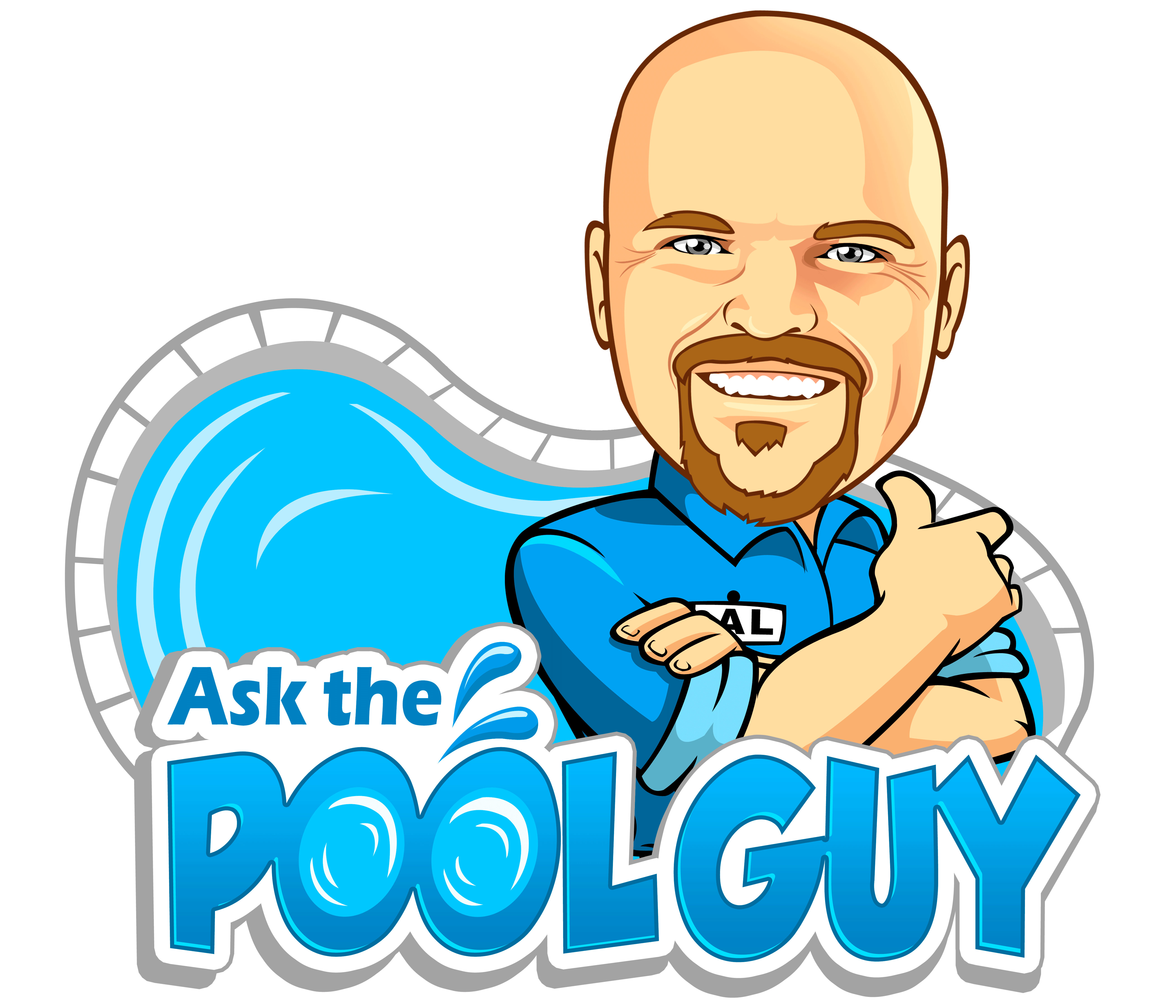
In our business — really in any business — the idea of leaving money on the table is abhorrent to most people. We’re taught in business school that scale is the way to riches. If you can build one thing and make a little money, you should build tons and make tons.
The logic is undeniable, and so is the fact that many people in this industry are making a great living doing just that. It was the dominant paradigm when I became the owner of my pool company several years ago.
A Tale of Scale
I purchased my from my boss when he retired. We had a couple of crews working all the time and a fair number of new projects to bid and work. We were doing some advertising and marketing, and talked about how we wanted to grow.
It seemed like the perfect setup – more work, more projects, more money coming in the door. We were doing everything by the book on how to scale, and I was spending a lot of time training crew leads and troubleshooting, bidding jobs and looking at how to get even bigger. To all appearances it seemed like we were heading in the “perfect” direction for success.
And it was killing me.
I was physically exhausted, in constant pain, feeling worse that I had in my entire life. Every task took longer, I was making stupid mistakes, and the pain at the end of each day was unrelenting.
Emotionally, I was a basket case. I had little patience and never felt like I could relax or unwind. Worst of all, I was missing the most magical time with my young girls as they grew from babies into little people with precious little notice from me.
Systems or Imagination?
It took me a long time to understand why the idea of getting bigger was not right for me.
For some people, creating and running a system is the sweet spot…more teams, more work, a beehive…this absolutely lights up some people. For them, scale is the way to go. Do each job a little better, a little faster, more efficiently and without variation.
The trouble with this approach, for me, is the lack of imagination in the work. Sure, we could build X number of pools each summer using standard materials and methods, each pool largely the same as the next. And for the company owner that thrives on the systematic approach, this kind of scale can really work, with new teams trained in the process and tightly managed.
The problem, for me, is that systems don’t turn me on. Doing more of the same, or managing groups of people who are doing more of the same, will never light my fire. It will make me money, but it’s lacking in one important thing: imagination.
And no amount of money was worth that trade off to me.
Leaving it on the Table
I had to break out, or die trying. I had to find a way to work in this industry I loved, in a way that resonated with my soul and made me happy.
It came down to leaving money on the table.
I started turning down projects I didn’t want to do…good projects, projects that would bring in much needed money…but that I knew wouldn’t allow me the artistic freedom to create something new.
RELATED: How ‘No’ Can Help You Build Your Dreams
Risky? You bet. Did some people think I was nuts? Absolutely. I did it anyway. It turned out to be a lifesaver.
Making this change has made all the difference. Each project and homeowner goes through a careful vetting process now, to make sure we are all a good match. Before we agree to a new build, we ask ourselves some critical questions:
Will I be able to create some that’s never been done before?
Will the customer trust me and let me create, or will they insist on approving every detail?
Will the crew learn something new and stretch their own abilities? Will we be creating something that leaves the world more fun, more enjoyable, more blissful in our own way?
Will we love building this pool?
Marketing and business guru Seth Godin has a good way of looking at this. As he writes in his blog:
“Nothing grows to infinity. Certainly no project or business or idea.
And saying, ‘as many as possible,’ implies a series of trade-offs that you’re probably not actually interested in making.
One of the most important decisions we make is almost always made without thought, without discussion:
‘How big do you want this to be?’
It’s a question that always gets in the way of,
‘How good do you want this to be?'”
If big is what you’re after, you know there will be trade offs. If the idea of leaving money on the table makes you crazy, then you’ll do what it takes to scale up and take advantage of the bounty.
But if the idea of big isn’t your idea of fun, or if the trad eoffs are not acceptable, that’s okay. Just be honest with yourself and say it out loud. Make the decision to go for imagination over system. If you don’t, you’ll probably end up sabotaging your growth efforts, either consciously or unconsciously, so you don’t have to face a scaled-up reality that causes you pain. You’ll end up getting sick, or having an accident, or hiring the wrong crew, or getting the wrong customers — there are countless ways we can screw up our lives and our businesses if they aren’t in alignment with what truly makes us happy.
Maybe leaving money on the table once in a while is the first step in owning your own Certain Way.
